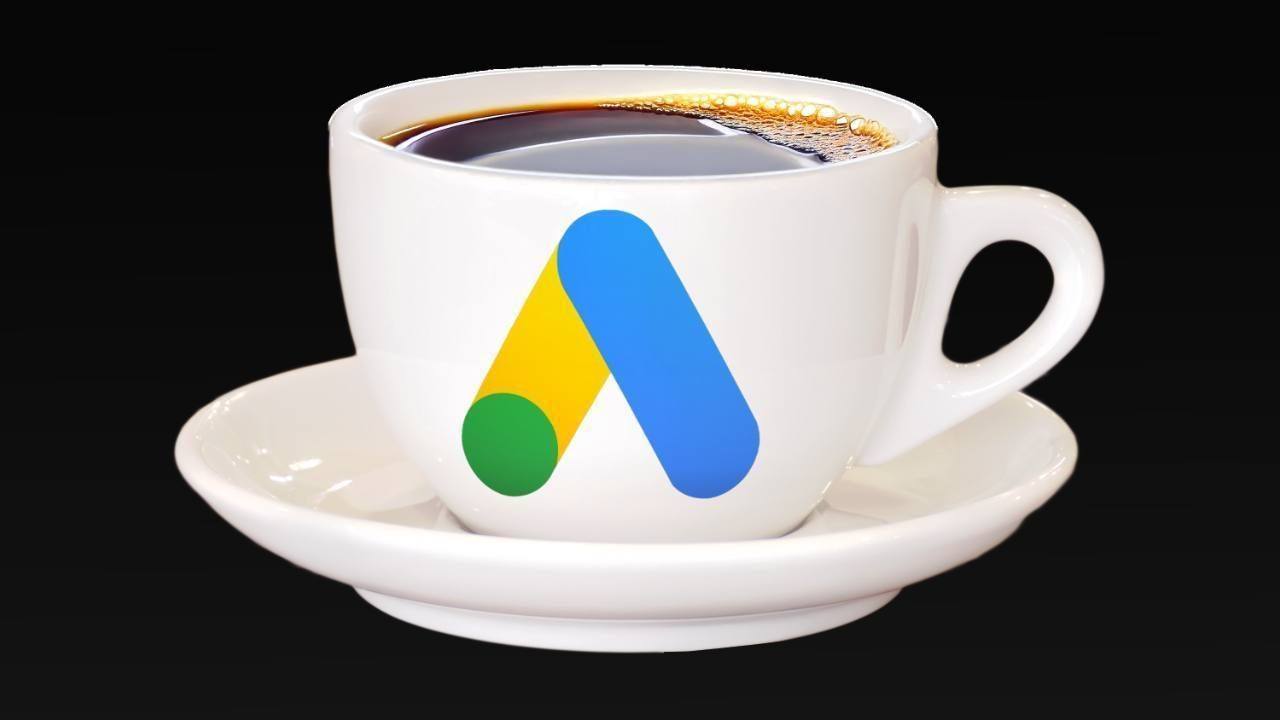The Differences Between PMAX & Demand Gen in Google Ads: Which One is Best for Your Business?
The Define Digital Academy App is here! 📱
Now available on Apple & Android, so you can access your courses and connect with our community anytime, anywhere.


If you’re running Google Ads right now, I can almost guarantee that in the past seven days, you've been bombarded with recommendations to use either Performance Max (PMAX) or Demand Gen campaigns.
But which Google Ads campaign is actually right for your business?
In this post, we’ll break down the five key differences between PMAX vs. Demand Gen, helping you make the right decision and avoid wasted ad spend.
What is PMAX and Demand Gen in Google Ads?
Before diving into the differences, let’s quickly define each campaign type:
-
Performance Max (PMAX): A goal-based Google Ads campaign that uses AI to optimize ad placements across all Google networks, maximizing conversions and conversion value.
-
Demand Gen: A visually-driven campaign focused on YouTube, Discover, and Gmail to generate demand and brand awareness.
Regardless of which campaign type you choose, optimizing them correctly is critical to achieving success.
To help, grab our Google Ads Optimisation Checklist to ensure you're making the most out of your campaigns.
Download My Google Ads Optimisation Checklist Here
1. Campaign Objective: Why Google Created PMAX & Demand Gen
Performance Max (PMAX): Maximizing Conversions with AI
PMAX is designed to maximize conversions and conversion value using Google’s AI across all channels.
Why Google Introduced PMAX:
-
Streamlines Google Ads campaign management by allowing advertisers to run ads across multiple Google properties from a single campaign.
-
Leverages machine learning and AI-driven bidding to automate ad placement, reducing manual optimization.
-
Helps advertisers capture high-intent users efficiently using Google's vast data network.
Key Takeaway: PMAX analyzes past conversion data and audience demographics to find new potential converters.
The Warning with PMAX:
-
Without strong conversion data, PMAX campaigns can waste ad spend.
-
If brand exclusions aren’t set, PMAX may prioritize branded traffic over new audience discovery.
-
Lead generation businesses must track offline conversion data to prevent spam leads.
-
Best practice: Use PMAX as a secondary campaign to scale existing success.
Demand Gen: Driving Engagement & Brand Awareness
Demand Gen campaigns focus on engaging users through immersive visual ads across YouTube, Discover, and Gmail.
Why Google Introduced Demand Gen:
-
Helps brands engage users who may not be actively searching but are still in the consideration phase.
-
Recognizes the importance of visual and interactive ads for modern digital marketing strategies.
-
Provides advertisers with more creative control and brand-building opportunities.
Key Takeaway: Demand Gen is great for expanding brand reach and introducing new products to potential customers.
Best Uses for Demand Gen:
-
Scaling past search and shopping limitations (solving “CPC resistance” problems).
-
Brand or Product awareness campaigns when high-intent searches are lacking.
Bottom line:
-
Use PMAX when you have strong conversion data and want to optimize for direct sales.
-
Use Demand Gen to create brand awareness and generate demand where high-intent search traffic is unavailable.
2. Audience Targeting: Who Sees Your Ads?
-
PMAX: Uses audience signals, but Google’s AI decides who sees your ads.
-
Demand Gen: Provides manual audience control, including custom segments and lookalike audiences.
Bottom Line: If you prefer manual control over targeting, choose Demand Gen. If you trust Google’s AI to optimize targeting, go with PMAX.
3. Placement & Inventory: Where Do Your Ads Appear?
-
PMAX: Runs across all Google networks—Search, Display, YouTube, Gmail, Discover, and even Google Maps.
-
Demand Gen: Limited to visual platforms like YouTube, Discover, and Gmail. Plus, it allows for Shorts-only ad groups.
Bottom Line: If you need multi-channel reach, go with PMAX. If you want to focus on highly visual audiences, Demand Gen is the better choice.
4. Reporting & Control: Transparency in Performance
-
PMAX: Uses automated campaign optimization with limited reporting transparency. (this is getting better, slowly)
-
Demand Gen: Offers deeper insights into audience and placement performance.
-
Allows you to view clicks & conversion data at the audience level, similar to Search and Shopping campaigns.
Bottom Line: If you prefer full visibility into where your budget is going, Demand Gen is a better choice.
5. Conversion Tracking: How Google Measures Success
-
PMAX: Uses enhanced conversions, leveraging first-party data and AI-driven optimizations to improve tracking accuracy.
-
Demand Gen: Automatically reports View-Through Conversions (VTC), aligning reporting with Meta Ads.
-
If a user sees an ad but doesn’t click, then later converts, that conversion is still tracked.
-
This helps advertisers measure ad influence beyond direct clicks.
-
VTC data is also used for smart bidding in Demand Gen.
Bottom Line: If you need a broader view of ad influence, Demand Gen’s View-Through Conversion tracking is invaluable.
Final Thoughts: Should You Use PMAX or Demand Gen?
The answer: Most businesses should use both.
-
Use PMAX when you have solid conversion data and want to maximize direct response sales.
-
Use Demand Gen to create brand awareness and reach new potential customers.
To dive even deeper, watch out for 2 seperate videos that I am releasing on my YouTube channel which go through "The Difference between PMAX & Demand Gen" and "The Best Practices for using PMAX & Demand Gen in the same account".
Have a great week,
Aaron

- Monday 24th March, 8pm AEST: Differences between PMAX & Demand Gen
- Wednesday 26th March, 8pm AEST: Using PMAX & Demand Gen in the same account
Head Over To My YouTube Channel 👇
|

[LIVE MASTERCLASS + Q&A]
Structuring Your Google Ads Accounts with Aaron Young 💻
Wednesday, 26th March, 2025, 4:00 PM (AEST)
Wedesday, 26th March, 2025 6:00 AM (GMT)
Tuesday, 25th March, 2025, 11:00 PM (PT)



